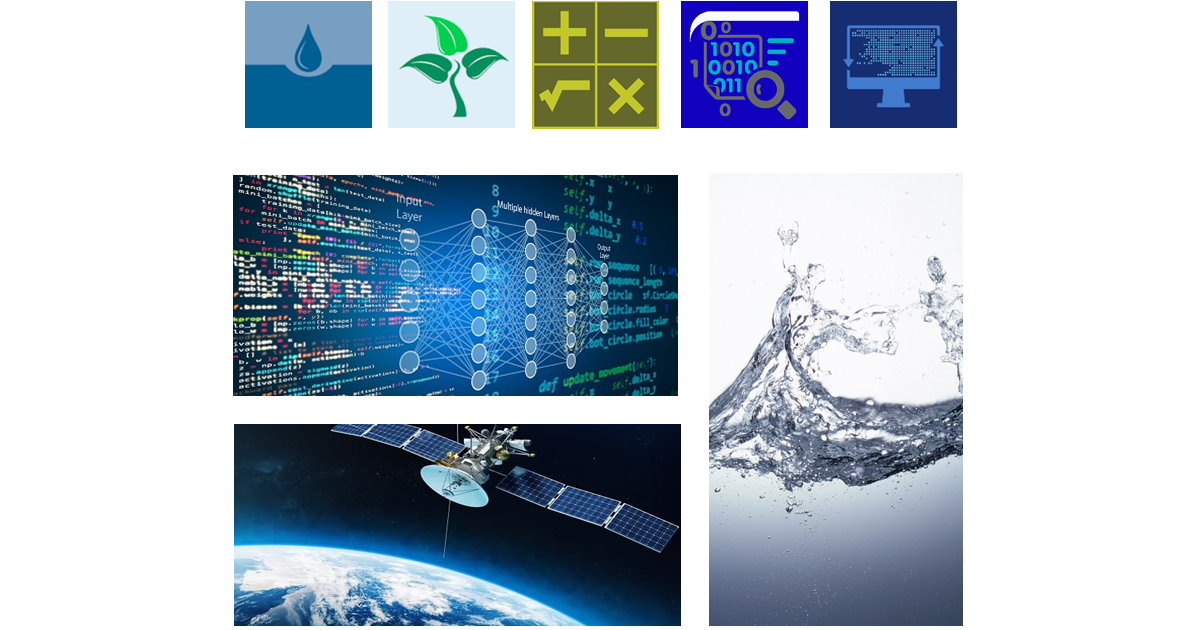Recent Advances in Hydroinformatics: Focusing on Machine Learning and Remote Sensing in Hydrology
Topic Information
Dear Colleagues,
Water-related issues are becoming one of the greatest problems facing humankind in the world. We need a good understanding of the water cycle and related processes for water planning, developing, and managing water resources, in terms of both water quantity and quality, across all water uses. The complex processes in the water cycle and water-related problems call for new approaches. Researchers have introduced “Hydroinformatics” as a subject to focus on the application of information techniques to improve our understanding of the water cycle and address water-related problems. Broadly, Hydroinformatics uses information theory, simulating, data processing, artificial intelligence, systems analysis, remote sensing, and soft computing technologies to ensure better management of water-based systems under global environmental and climate change. This knowledge changes how hydrology, hydraulics, and water resource studies are generally applied in society. Recent decades in particular have witnessed the increasing application of machine learning and remote sensing in various fields, and considerable progress has been achieved. In this topic, we would like to invite researchers to focus on the application of machine learning and remote sensing in hydrology and water sciences. Suitable research papers for this topic can include but not be limited to the following:
- Machine learning and deep learning in water sciences;
- Data mining in hydrology, hydraulic, and water-based systems;
- Application of remote sensing in hydrology and water resource management;
- Decision support system in water science;
- Uncertainty in modeling of water resources;
- Optimization algorithms for solving water problems issues;
- Time series analysis in water resource management;
- Monitoring and forecasting water cycle variables with new technologies.
Dr. Zheng Duan
Mr. Babak Mohammadi
Topic Editor
Keywords
- hydrology
- artificial intelligence
- soft-computing-based solution
- remote sensing
- water cycle
- water–soil–atmosphere
- data science
- information theory

